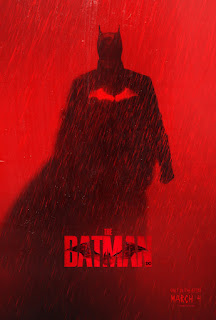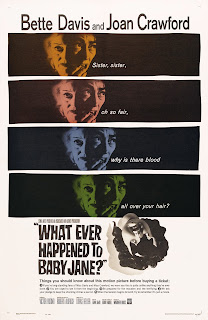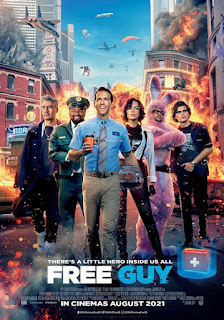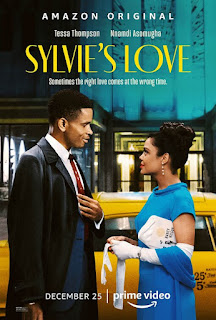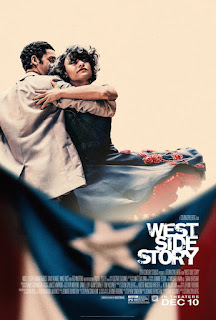Movie Name: Drive My Car
Year of Release: 2021
Director: Ryusuke Hamaguchi
Starring: Hidetoshi Nishijima, Toko Miura, Reika Kirishima, Park Yu-rim, Jin Dae-yeon, Sonia Yuan, Ahn Hwitae, Perry Dizon, Satoko Abe
Genre: Drama
Score out of ten (whole numbers only): 6
Watch it on HBO Max
Year of Release: 2021
Director: Ryusuke Hamaguchi
Starring: Hidetoshi Nishijima, Toko Miura, Reika Kirishima, Park Yu-rim, Jin Dae-yeon, Sonia Yuan, Ahn Hwitae, Perry Dizon, Satoko Abe
Genre: Drama
Score out of ten (whole numbers only): 6
Watch it on HBO Max
Synopsis and Review:
"Drive My Car" had its debut at the Cannes Film Festival in May of 2021, where it eventually won the award for best screenplay. It was the beginning of the number of accolades the film has been collecting since. The narrative is focused on actor and theater director Yusuke Kafuku, who is married to Oto, a screenwriter. They've been married for quite some time, and experienced some personal tragedy in their lives with the death of their child. Even though Yusuke knows Oto has extra marital affairs, their relationship continues and is seemingly unaffected by it, that is until Yusuke returns from work one day to discover his wife dead, due to a brain hemorrhage. Two years later, Yusuke takes a residency in Hiroshima, where he's supposed to direct a multilingual adaptation of Chekhov's Uncle Vanya. The organizers who are supporting his residency warn him that one of the essential requirements for him to stay, is him being driven by an actual chauffeur, due to issues that have occurred in the past. While he objects at first, he eventually becomes accustomed to Misaki Watari, the young woman who is driving him around. As he goes through the casting and then rehearsals, Yusuke starts to progressively know more about his group of actors, and also about Misaki, his driver, who also bears within the pain of some events that took place in her hometown. As some additional events come into light, Yusuke is forced to make a decision about the show, but before doing so, he asks Misaki to drive him to her childhood home.
"Drive My Car", while being a film that touches upon the topics of harboring pain & trauma derived from decisions made in the past, still manages to showcase aspects of hope and beauty, which manifests itself not only in the process of staging the Uncle Vanya play, but also of how the central characters eventually get to share the pain and the burden they carry within. It's a film that while taking its time to showcase the relationships between its central characters, it's also somewhat slight in showcasing what they actually want from their own existence (or maybe their pain, is what justifies their existence). The detours that the director captures, for instance illustrating the staging of the play, including the read throughs, the rehearsals, while contextualizing the process and the complicity between the group, don't necessarily add much to the understanding of the characters themselves. And that's one of the most perplexing things about this film: in all its runtime, nearly 3 hours long, not much is ever understood of what drives some of the main characters, including why Misaki is just a driver (is she doing it part-time, does she do this job to compliment her income much like an Uber Driver), or even what is it that Oto does, besides narrating some stories (which by the way, is she writing them down, are they just open ended threads she concocts?). The journey of the central characters, particularly as they drive around and get to know each other, is indeed redeeming and affecting, but it's a film that while trying to depict the staging of a play as a rebirth of something, and ultimately the devices which people find in order to deal with grief, seems to forget that characters are more than just one single trait or aspect. The cast is uniformly solid, as is the cinematography from Hidetoshi Shinomiya. It's worth watching, but not entirely fulfilling.

